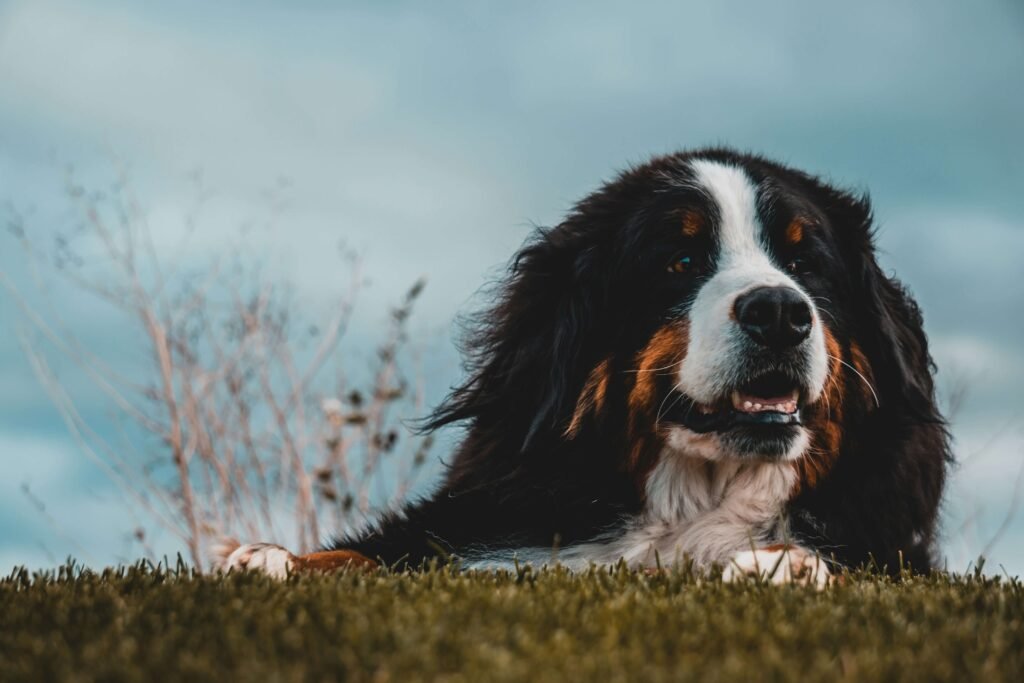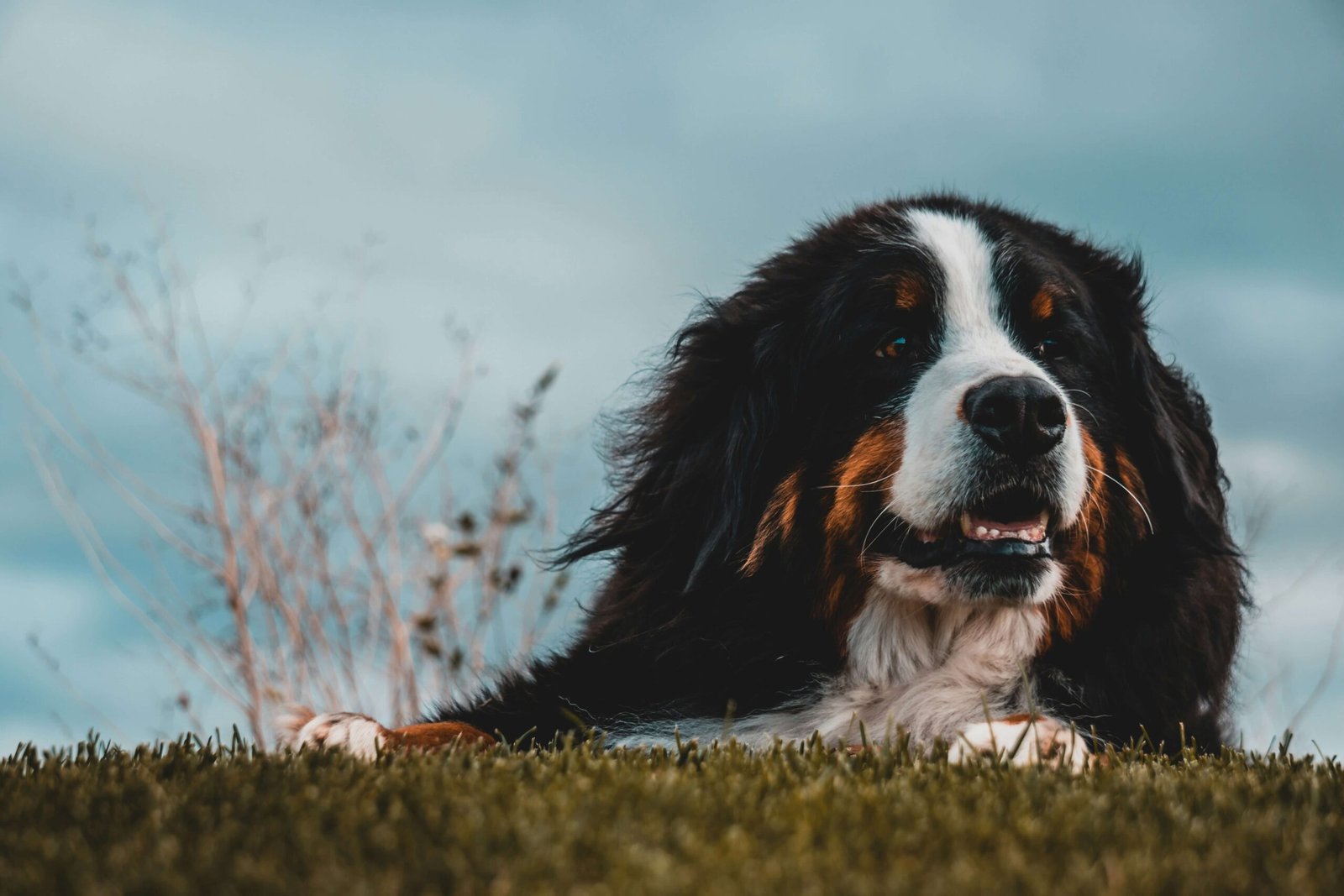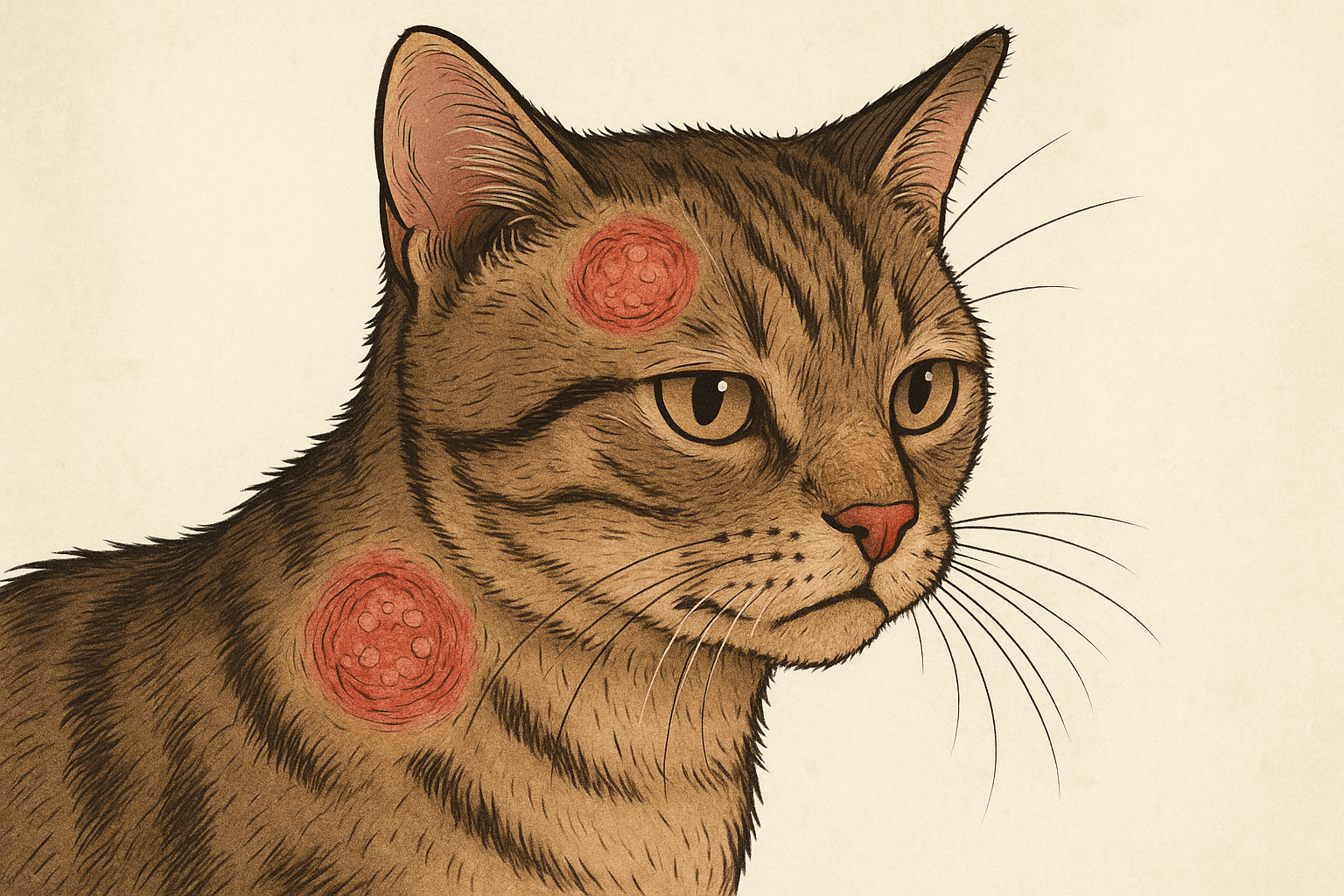The Perfect Diet for Your Bernese Mountain Dog: A Guide to Health and Happiness
Bernese Mountain Dogs, with their gentle demeanor and striking tri-colored coats, are beloved companions known for their loyalty and affectionate nature. However, ensuring these majestic dogs live long, healthy lives requires careful attention to one of the most crucial aspects of their care: their diet. Proper nutrition plays a pivotal role in supporting their growth, maintaining their energy levels, and preventing health issues that are common in this breed. Whether you’re a new Bernese Mountain Dog owner or looking to refine your furry friend’s meal plan, this guide will walk you through everything you need to know about feeding your Bernese Mountain Dog the right way.
Key Nutritional Needs of Bernese Mountain Dogs
Understanding the nutritional requirements of your Bernese Mountain Dog is essential to crafting a balanced diet. These large, active dogs have specific needs that differ from smaller breeds or less active ones. Here’s a breakdown of what makes up an ideal diet for your Bernese Mountain Dog:
High-Quality Protein
Protein is the cornerstone of any dog’s diet, especially for active breeds like Bernese Mountain Dogs. It supports muscle development, tissue repair, and overall vitality.Healthy Fats
Fats provide a concentrated source of energy and support skin and coat health, which is particularly important for Bernese Mountain Dogs due to their thick, luxurious fur.Complex Carbohydrates
Carbs should come from whole grains, vegetables, or legumes to provide sustained energy and essential fiber for digestion.Calcium and Phosphorus
These minerals are vital for bone health, which is critical for large breeds prone to joint issues.Hydration
Water is often overlooked but is absolutely essential for maintaining overall health and preventing dehydration.
By focusing on these key nutrients, you can ensure your Bernese Mountain Dog receives the nourishment they need to thrive. Remember, every dog is unique, so tailoring their diet to their individual needs is key.
Common Ingredients to Avoid in Bernese Mountain Dog Food
While it’s important to know what to include in your Bernese Mountain Dog’s diet, it’s equally crucial to be aware of ingredients that could harm them. Many commercial dog foods contain additives or fillers that may not be suitable for this breed. Here’s a list of ingredients you should avoid:
Artificial Preservatives
Ingredients like BHA, BHT, and ethoxyquin can be harmful over time and may lead to health issues.Excessive Grains
While some grains are fine, excessive amounts can cause digestive problems and allergies in sensitive dogs.Low-Quality By-Products
Meat by-products often lack nutritional value and can be difficult for dogs to digest.Added Sugars
Sugars can contribute to obesity and dental issues, neither of which are good for large breeds.Artificial Colors and Flavors
These additives serve no nutritional purpose and can irritate your dog’s digestive system.
Avoiding these ingredients will help you choose a high-quality food that promotes your Bernese Mountain Dog’s long-term well-being. Always check the label carefully before making a purchase.
Check this guide 👉5 Best High-Fat Dog Foods for Ultimate Energy & Health!
Check this guide 👉5 Best Grain-Free Dog Foods for Ultimate Health!
Check this guide 👉5 Best Gluten-Free Dog Foods for Ultimate Health Boost!

Essential Nutrients | Benefits for Bernese Mountain Dogs |
|---|---|
High-Quality Protein | Supports muscle growth and repair |
Healthy Fats | Promotes skin and coat health |
Complex Carbohydrates | Provides energy and aids digestion |
Calcium and Phosphorus | Strengthens bones and joints |
Hydration | Prevents dehydration and kidney issues |
Best Feeding Practices for Bernese Mountain Dogs
Feeding your Bernese Mountain Dog isn’t just about choosing the right food—it’s also about how and when you feed them. Establishing good feeding habits can prevent overeating, obesity, and other health concerns. Here are some best practices to follow:
Consistent Meal Times
Feeding your dog at the same times each day helps regulate their digestion and metabolism.Portion Control
Large breeds like Bernese Mountain Dogs are prone to obesity, so measuring portions is crucial.Avoid Free Feeding
Leaving food out all day can lead to overeating and weight gain. Stick to scheduled meals instead.Monitor Treat Intake
Treats should make up no more than 10% of your dog’s daily caloric intake to avoid excess calories.Gradual Diet Changes
When switching foods, introduce the new food gradually over 7-10 days to avoid digestive upset.
By following these practices, you’ll set your Bernese Mountain Dog up for a lifetime of healthy eating habits. Consistency is key to ensuring they stay fit and happy.
Signs Your Bernese Mountain Dog Isn’t Getting Enough Nutrition
Even with the best intentions, sometimes dietary mistakes happen. Recognizing the signs of poor nutrition early can help you address potential issues before they escalate. Here’s what to look out for:
Weight Loss or Gain
Sudden changes in weight can indicate an imbalance in their diet or underlying health issues.Dull Coat
A lackluster coat may signal insufficient fatty acids or protein in their diet.Lethargy
If your dog seems unusually tired or uninterested in activities, they might not be getting enough energy from their food.Digestive Issues
Frequent diarrhea or constipation can point to a problem with their current diet.Behavioral Changes
Irritability or aggression can sometimes stem from nutritional deficiencies.
If you notice any of these signs, consult your veterinarian to adjust your dog’s diet accordingly. Early intervention can make a world of difference in their health and happiness.
The Benefits of Homemade Meals for Bernese Mountain Dogs
Preparing homemade meals for your Bernese Mountain Dog can be a rewarding way to ensure they receive fresh, wholesome ingredients. While commercial dog food is convenient, homemade meals allow you to control exactly what goes into your dog’s diet. Here are some benefits of this approach:
Customizable Nutrition
You can tailor the ingredients to meet your dog’s specific dietary needs, such as adding more joint-supporting nutrients for older dogs.No Artificial Additives
Homemade meals eliminate the risk of artificial preservatives, colors, or flavors that may harm your dog over time.Improved Digestion
Fresh, whole foods are often easier for dogs to digest compared to heavily processed kibble.Strengthened Bond
Preparing meals for your dog can deepen your connection and show them how much you care.Allergy Management
If your dog has food sensitivities, homemade meals let you avoid common allergens like grains or certain proteins.
While homemade meals offer many advantages, it’s essential to consult a veterinarian or canine nutritionist to ensure the diet is balanced and meets all of your Bernese Mountain Dog’s nutritional requirements.
Supplements That Can Boost Your Bernese Mountain Dog’s Health
In addition to a balanced diet, certain supplements can support your Bernese Mountain Dog’s overall health, especially given their predisposition to specific health issues. Here are some commonly recommended supplements:
Glucosamine and Chondroitin
These compounds support joint health and can help prevent or manage arthritis, a common issue in large breeds.Omega-3 Fatty Acids
Found in fish oil, these fats reduce inflammation and promote a shiny, healthy coat.Probiotics
Probiotics improve gut health and can alleviate digestive issues like bloating or diarrhea.Vitamin E
This antioxidant supports skin health and boosts the immune system, keeping your dog resilient against illnesses.Calcium Supplements (if needed)
For growing puppies or dogs with specific deficiencies, calcium can strengthen bones—but only use under veterinary guidance.
While supplements can be beneficial, they should never replace a well-rounded diet. Always consult your vet before introducing any new supplement to your dog’s regimen.
Seasonal Adjustments to Your Bernese Mountain Dog’s Diet
Just like humans, dogs’ nutritional needs can vary with the seasons. Adjusting your Bernese Mountain Dog’s diet based on seasonal changes can help them stay comfortable and energized year-round. Here are some tips for seasonal dietary adjustments:
Winter: Increase Caloric Intake
Cold weather requires more energy to maintain body temperature, so slightly increasing portion sizes during winter can help.Summer: Focus on Hydration
Hot weather increases the risk of dehydration, so add moisture-rich foods like cucumbers or watermelon (in moderation) to their meals.Spring: Add Fresh Vegetables
Incorporate seasonal greens like spinach or kale to provide extra vitamins after the winter months.Fall: Support Immune Health
Add immune-boosting foods like pumpkin or sweet potatoes, which are rich in beta-carotene and fiber.Year-Round: Monitor Weight Changes
Regardless of the season, keep an eye on your dog’s weight to ensure they’re neither losing nor gaining too much.
By making small adjustments throughout the year, you can ensure your Bernese Mountain Dog stays healthy and comfortable no matter the season.
FAQ
How much should I feed my Bernese Mountain Dog?
The amount depends on their age, weight, and activity level. Puppies typically need more frequent meals, while adults do well with two meals per day.
Can Bernese Mountain Dogs eat raw food?
Yes, but only if it’s properly balanced and prepared. Consult your vet before starting a raw diet.
Are grain-free diets safe for Bernese Mountain Dogs?
Grain-free diets can be safe, but recent studies suggest they may be linked to heart issues in some dogs. Proceed with caution and consult your vet.
What treats are safe for Bernese Mountain Dogs?
Opt for natural, low-calorie treats like carrots, apples, or specially formulated dog treats.
How can I prevent bloat in my Bernese Mountain Dog?
Feed smaller, more frequent meals, avoid exercise right after eating, and use a slow feeder bowl to reduce the risk of bloat.
Final Thoughts: Nourishing Your Bernese Mountain Dog for a Vibrant Life
Feeding your Bernese Mountain Dog a nutritious, balanced diet is one of the most impactful ways to ensure they live a long, healthy, and joyful life. From understanding their unique nutritional needs to recognizing the signs of dietary imbalance, every step you take toward proper feeding contributes to their overall well-being. Remember, your dog relies on you to make the best choices for their health, so always prioritize quality ingredients and consult your veterinarian when in doubt. With the right approach, you can give your Bernese Mountain Dog the gift of vitality and happiness—one meal at a time.
Understanding Pancreatitis in Cats: Best 7 Expert Tips! Discover causes, symptoms, and treatment options to help your cat recover and thrive. Essential guidance for concerned pet owners.
Singapura Cat Size: Best 7 Expert Tips! Discover expert advice on the Singapura cat's petite size, care needs, and how to create a perfect home for this tiny yet bold feline breed.
Cat Ringworm Symptoms: Best 7 Expert Tips! Discover how to identify, treat, and prevent ringworm in cats with expert advice on symptoms, home care, and vet guidance for a swift recovery.
The Cat Purring Effect on Humans: Best 7 Expert Tips! Discover how cat purring reduces stress, promotes healing, and boosts well-being with expert-backed insights.





